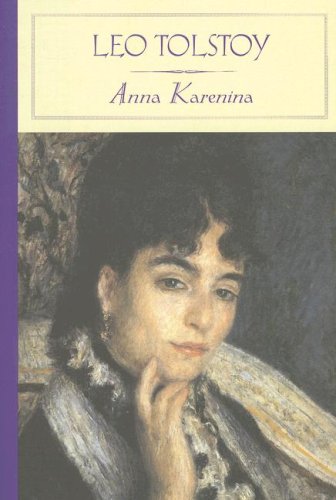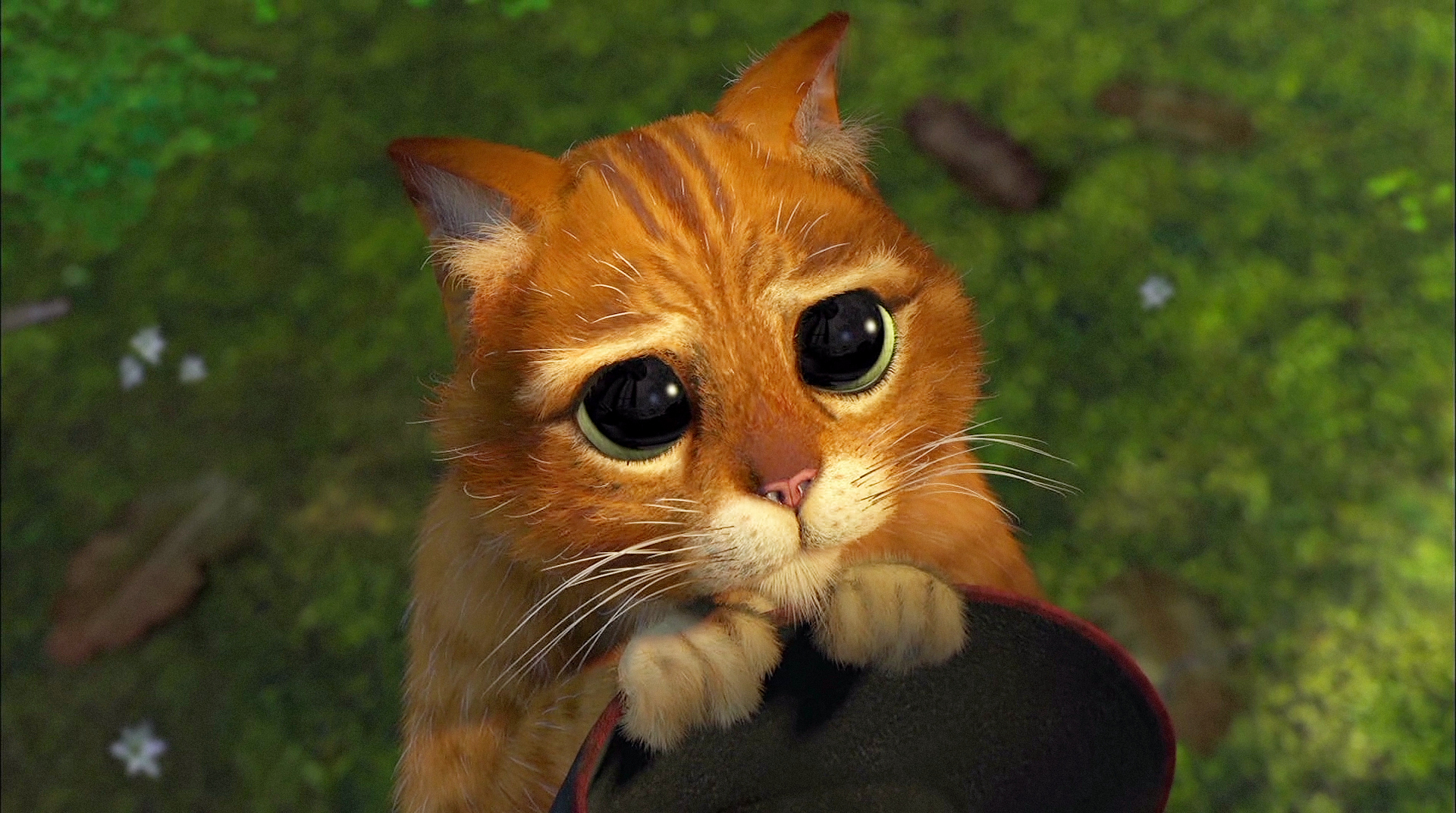This post begins with a heartfelt apology to Sporadic Intelligence, a.k.a TooYoungTooTeach.
She had fiercely recommended to me Anna Karenina. I fiercely declined.

"A 1,000 page novel about romantic histrionics? Nuh-uh. Not my thang."
TYTT insisted. She cajoled. She threatened. Okay, she didn't threaten, but her vehemence was such that I felt myself to be irrationally implacable. What's the worse that could happen? A hernia from hauling the tome around?
I requested a copy from the library, and—according to literati, it is important to note the translators—I received the Richard Pevear and Larissa Volokhonsky version (apparently, when Oprah selected it for her book club, she used this edition as it had most recently come out, and was therefore readily available).
Sighing, I opened it—and was sucked into the wormhole.
What I did not know, which makes all the difference, is that Anna herself does not take up significant page time. There are many subplots to the story: Levin's search for a wife and a philosophy to live by, Dolly's dealing with her philandering husband, Kitty's vacillation between two suitors . . .
Because the language is simple, unlike other classics, it is an easy as opposed to exhausting read. Ergo, it is painless to connect concepts to the contemporary age, and there are many. In short: There is nothing new under the sun. The same issues plague all of humanity, including (in terms of Shidduch Lit) dating, marriage, and the wedded state.
Tolstoy grasps so well the differences between the thinking in men and women—how they approach matters, who is truly stronger. Many times I laughed, since I can see my own real life interactions within.
Therein is also an internal philosophical debate, which actually results in a not-un-Jewish concepts. I'll give the audience a chance to read it before I plaster it all over.
Therein is also an internal philosophical debate, which actually results in a not-un-Jewish concepts. I'll give the audience a chance to read it before I plaster it all over.
With flying colors, Anna Karenina qualifies as "Shidduch Lit." Not only that, it has been added to my unofficial list of favorite books. I even bought it for my own bookshelf.
And TYTT . . . I'm groveling in shame.


8 comments:
I haven't read Anna Karenina, but I read War and Peace earlier in the year. It was excellent. Despite the title, it would probably also count as shidduch lit, as there are a lot of happy and unhappy matches. In particular, there is the aimless Pierre, who marries someone he knows is unsuitable just because he thinks it's bashert (OK, he would say "inevitable", but same idea). You can guess how that turns out.
Although I'd recommend skipping the bits where Tolstoy sets out his long and, frankly, bonkers theory of history. Apparently Napoleon had nothing to do with the Napoleonic Wars, because individuals can't affect history. To be fair, he's sort of pushing towards the concept of social history, which wouldn't really be developed for several more decades. Anyway, I digress.
Do you know anything of Tolstoy's religious views? He started life as a libertine, then (after writing the novels), became a somewhat eccentric Christian, preaching universal love and asceticism, but not exactly living it. He was very philosemitic, though, which may explain why he comes to a semi-Jewish conclusion - he basically thought that all of mankind owes its religious views to the Jews.
I usually love the classics but have to admit, I just don't care for novels by the Russian "greats"--I slogged my way through Anna Karenina a year or so ago, but I just found all the characters so unlikeable that I couldn't really care to much about their fate. Plus, no feeling of real chemistry in any of the even supposedly in love couples.
For "shidduch lit" classics, absolutely anything by Edith Wharton would top my list. And for chemistry that leaps off the pages, try George Eliot (esp. Daniel Deronda...though I don't really care for the way she ended it).
DS: After reading "Anna Karenina," I'm warming to the idea of reading Tolstoy's other works, even the dreaded "War & Peace."
Nope, know nothing of the bearded fellow. Interesting. And yeah, mankind does. You're welcome.
Anon: I kept reading it because I liked Levin. A pleasant guy, a tad confused and silly, but nice. But as for Anna, Karenin, and Vronky—any time they showed up I speed up the reading pace out of boredom. Who cares about them?
The "Age of Innocence" traumatized me. Does her other work end so miserably? I've watched the BBC dramatization of "Daniel Deronda" and found it breathtaking. I really must read it. Did you not like the ending because of who he ended up with, or the written conclusion itself was unsatisfactory?
Well, true, most of her books do not have a fairy tale ending. Probably the one that would come closest is "Glimpses of the Moon"--but her depiction of relationships and how they bind people together etc is unparalled (imo, obviously).
I watched the BBC version of Daniel Deronda, too, and thought it was pretty good but loved the book so much more. Regarding the ending, I guess it was both. (Though for shidduch purposes, though....that would be a different story. Which reminds me, that when I was reading it for the first time I realized that Marcus Lehman had taken the Jewish part of the plot and written it into a sort of novelette to make it an acceptable story for frum Jews to read--I read most of his books as a kid, so I assume he wanted "kosher" literature for Orthodox children/teens to read. Which just goes to show how George Eliot was the pop culture of the day, and how there really is nothing new under the sun.)
Speaking of Edith Wharton - HOUSE OF MIRTH HOUSE OF MIRTH HOUSE OF MIRTH!!! Must read!!!!
And apology and groveling accepted :)
Oops, SI, I meant "House of Mirth," not "Age of Innocence"! If you recall my feelings on that one: stupendous book, but the depressing ending bummed me out!
I am forgiven! And not too soon. :P
Anon: I am intrigued now by Wharton, despite my bittersweet relationship with "House of Mirth," to give it another try. The "Moon" it is, next!
Lehman couldn't do much with Gwendolyn, I suppose, except the shiksa appeal. :)
Ooh, yes, definitely give Wharton another try! (Though a word of warning, if "House of Mirth" bummed you out, do NOT read Ethan Frome. One of the most depressing twist endings, ever.)
And re: Gwendolyn--it's been awhile since I read the Marcus Lehman version, but I think in his book she was a European princess (named Princess Melanie???) who was the stepdaughter of his Jewish mother, maybe, IIRC. Or something like that. Wish I remember the title of the book, I'd be sort of curious to reread it.
I have one more shidduch lit recommendation for you: Alice Adams by Booth Tarkington. My experience when rereading it recently was totally different when I first read it in my mid 20's, it really blew me away at how I've changed after dealing with the shidduch world for 10+ years. I'd love to hear your take on it, PL.
Yummy, yummy, book recommendation! I'll request it now for yontif reading!
Post a Comment